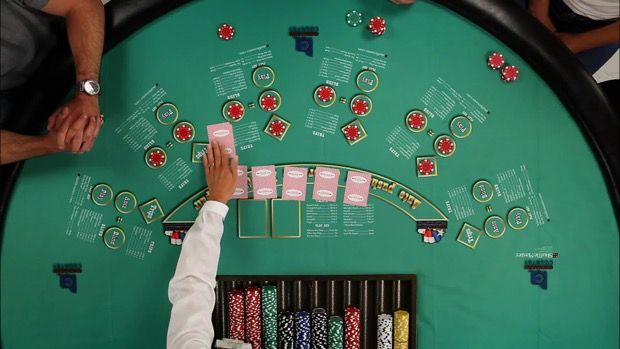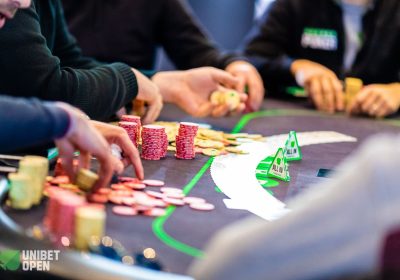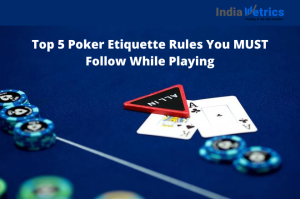
Poker Strategies for Beginners and Pros
When it comes to the world of poker, whether you are a beginner or a seasoned pro, having a solid strategy is crucial for success. Poker is not just a game of luck but also skill, psychology, and discipline. In this article, we will discuss some effective poker strategies that can be helpful for both beginners and pros.
Bankroll Management
One of the most important aspects of poker is proper bankroll management. Beginners often make the mistake of playing at stakes that are too high for their bankroll, which can lead to financial troubles. As a general rule, it is recommended to have at least 20-30 buy-ins for the stakes you are playing. This ensures that you have enough funds to withstand variance and reduce the risk of going broke.
Starting Hand Selection
Another crucial aspect of poker strategy is starting hand selection. Beginners should focus on playing tight and only entering pots with strong hands. This reduces the chances of being dominated by better hands and helps to avoid making costly mistakes. Pros, on the other hand, can incorporate more advanced concepts such as suited connectors and suited aces into their starting hand range.
Position
Position is everything in poker. Having positional advantage allows you to gather more information about your opponents’ actions before making your own decisions. As a beginner, focus on playing more hands from late positions (such as the dealer button) and fewer hands from early positions. Pros often exploit their positional advantage by putting pressure on their opponents and playing more aggressively when in position.
Bluffing and Semi-Bluffing
Bluffing is an essential part of poker strategy. Beginners should be cautious with their bluffing frequency and only attempt bluffs in situations where it makes sense. Usually, bluffing works best against tight opponents who are likely to fold weaker hands. Semi-bluffing, on the other hand, involves bluffing with a hand that has potential to improve. This can put pressure on opponents and give you an additional way to win the pot.
Reading Opponents
Being able to read your opponents is a skill that takes time to develop but can greatly improve your game. Look for physical or behavioral tells that may indicate the strength or weakness of their hands. Pay attention to their betting patterns, body language, and timing. Pros are experts in reading opponents and can often make accurate assumptions based on these observations.
Bankroll Management
One of the most important aspects of poker is proper bankroll management. Beginners often make the mistake of playing at stakes that are too high for their bankroll, which can lead to financial troubles. As a general rule, it is recommended to have at least 20-30 buy-ins for the stakes you are playing. This ensures that you have enough funds to withstand variance and reduce the risk of going broke.
Psychology and Discipline
Poker is as much a mental game as it is a skill game. Managing your emotions, controlling tilt, and making rational decisions are vital for success. Beginners should be aware of the impact emotions can have on their game and strive to make logical decisions. Pros often use psychological tactics to manipulate their opponents and gain an edge at the table.
Continuous Learning and Practice
Poker is a game that requires continuous learning and practice to stay ahead of the competition. Beginners should invest time in studying poker strategy books, articles, and videos to improve their skills. Pros also constantly seek to enhance their knowledge and analyze their own play to identify areas for improvement.
Conclusion
Regardless of your skill level, having a solid poker strategy is essential for success in the game. By focusing on bankroll management, starting hand selection, position, bluffing, reading opponents, psychology, and continuous learning, you can enhance your skills and increase your chances of winning. Remember, poker is a game of skill, and with dedication and practice, you can become a formidable player at the tables.






